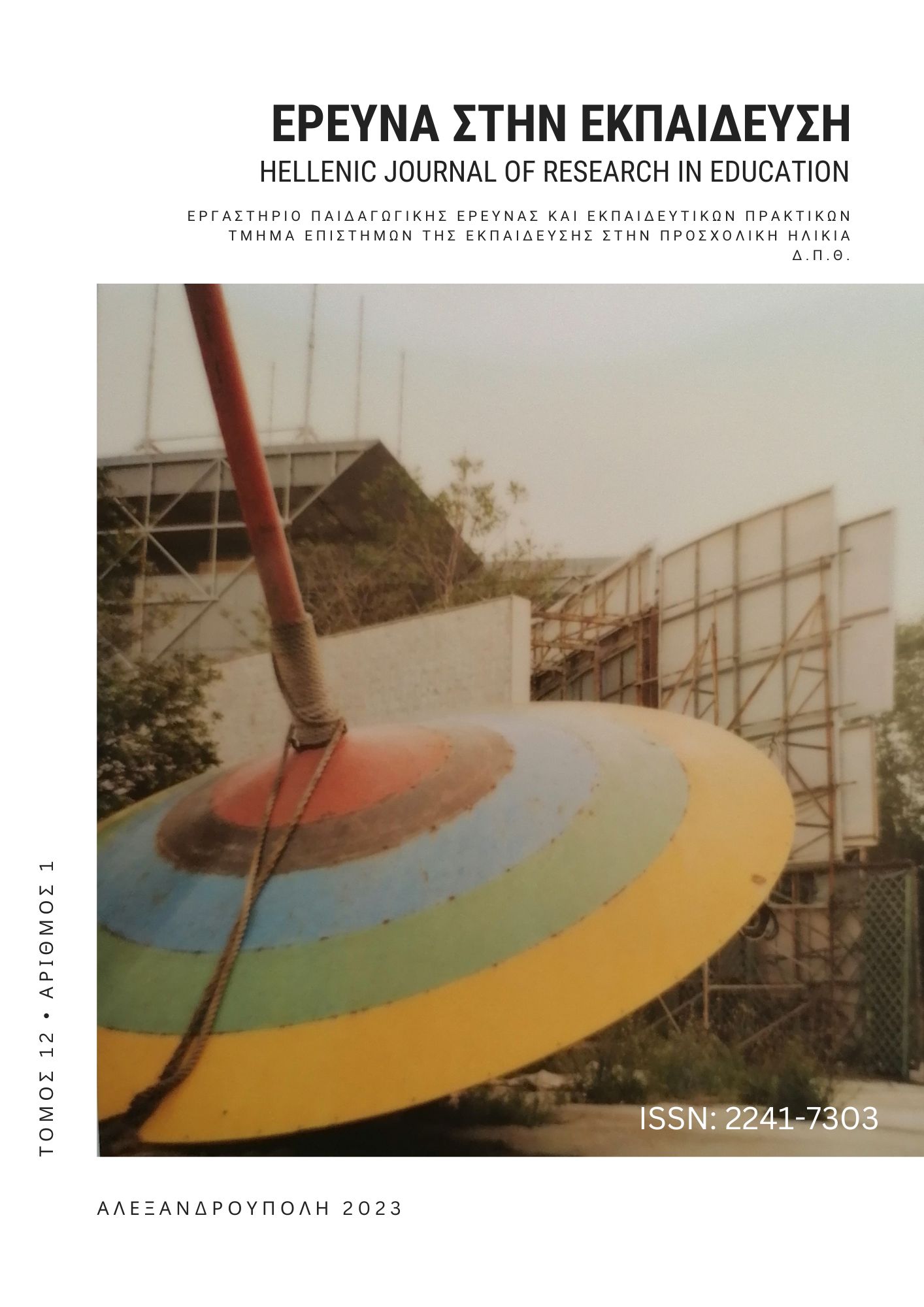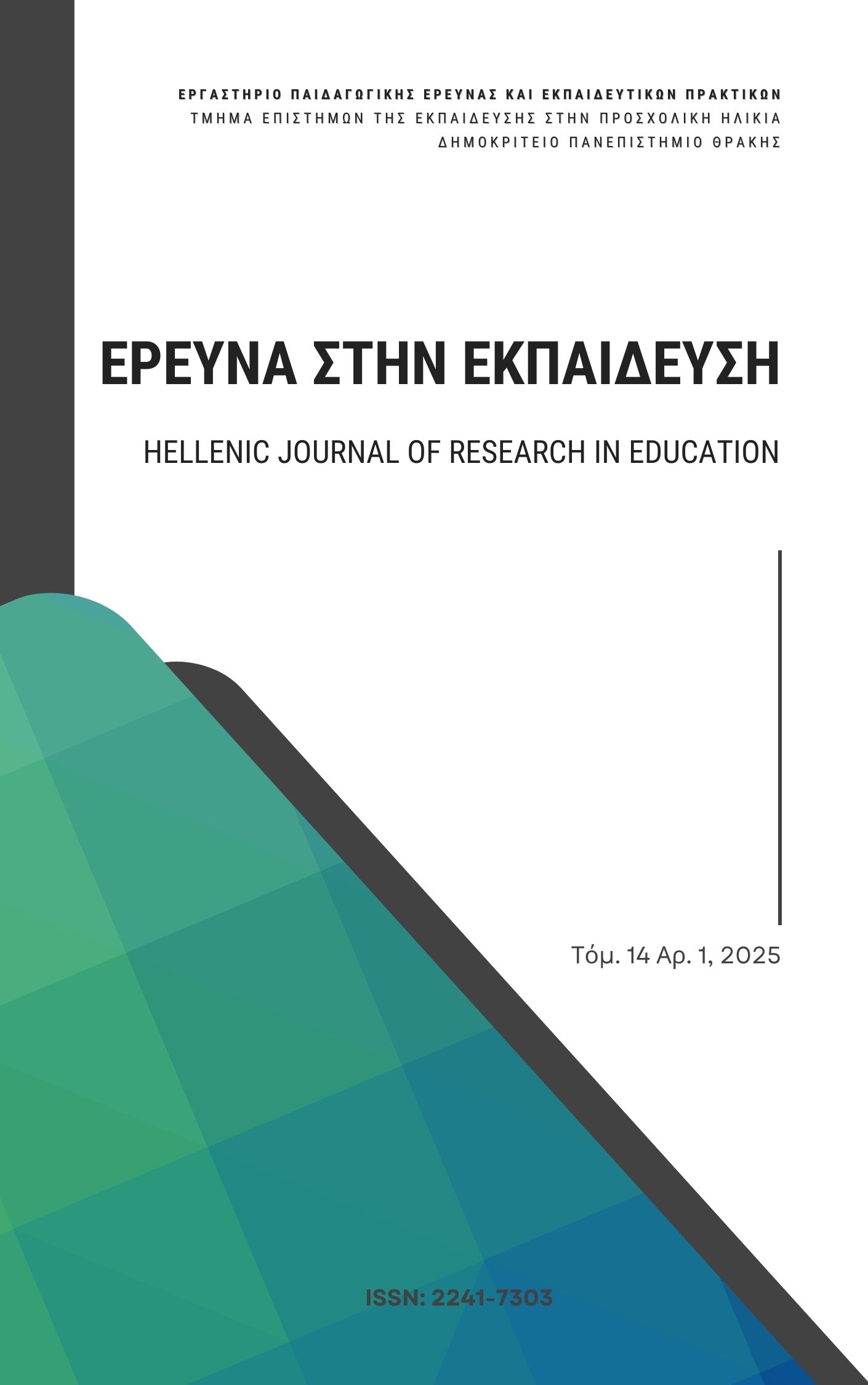Secondary art teachers'perceptions of their professional identity and their teaching practice in the State art schools

Abstract
This paper explores the state secondary art school teachers’ perceptions on their professional identity and their teaching practice. Statements of job satisfaction and opinions associated with their work context and the evaluation of their qualifications have been used as the primary data of this research. The paper contains original quantitative research based on a Likert-item questionnaire. Data have been processed statistically with SPSS 23. The findings showed that a. the major problem of the art teachers’ professional identity is the lack of their equal treatment when compared with the teachers of general courses, b. issues of regulation and recognition of special artistic and pedagogical qualifications for certain groups of art teachers (dance and cinema) and, c. the indifference of the Ministry of Education to put an end to these issues and reorganize the regulatory framework for the state secondary art schools. The paper aspires to start a scientific dialogue in the teacher community and the society regarding the importance of teaching arts as separate subjects in secondary schools, the sustainability of the existing secondary art schools and the possibility of increasing their number all over the country in the future.
Article Details
- How to Cite
-
Lintzerakou, E., Argyropoulou, E., & Spiridakis, A. (2023). Secondary art teachers’perceptions of their professional identity and their teaching practice in the State art schools. Hellenic Journal of Research in Education, 12(1), 78–97. https://doi.org/10.12681/hjre.34151
- Issue
- Vol. 12 No. 1 (2023)
- Section
- Articles

This work is licensed under a Creative Commons Attribution-NonCommercial-ShareAlike 4.0 International License.
Authors who publish with this journal agree to the following terms:
- Authors retain copyright and grant the journal right of first publication with the work simultaneously licensed under a CC-BY-NC-SA that allows others to share the work with an acknowledgement of the work's authorship and initial publication in this journal.
- Authors are able to enter into separate, additional contractual arrangements for the non-exclusive distribution of the journal's published version of the work (e.g. post it to an institutional repository or publish it in a book), with an acknowledgement of its initial publication in this journal.
- Authors are permitted and encouraged to post their work online (preferably in institutional repositories or on their website) prior to and during the submission process, as it can lead to productive exchanges, as well as earlier and greater citation of published work (See The Effect of Open Access).




